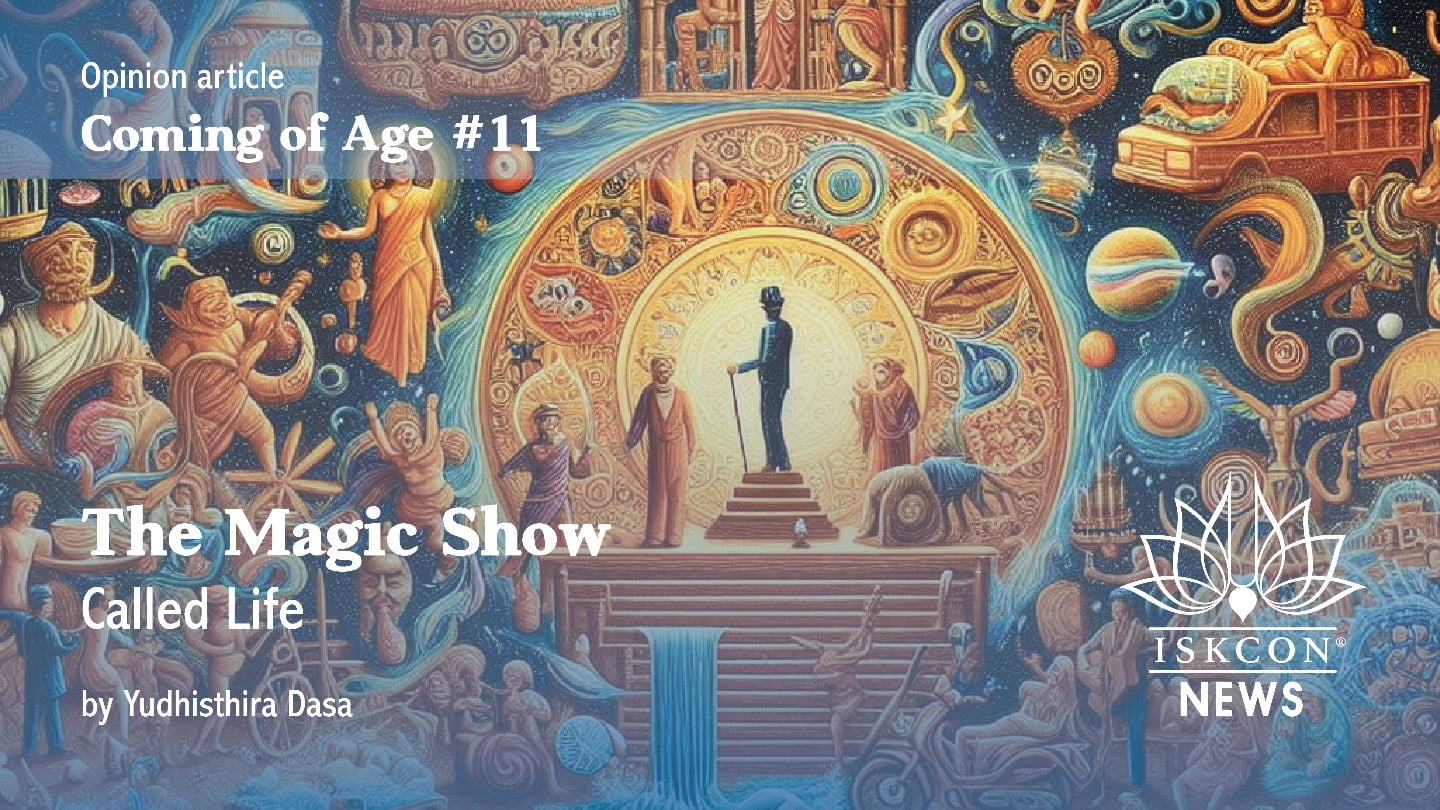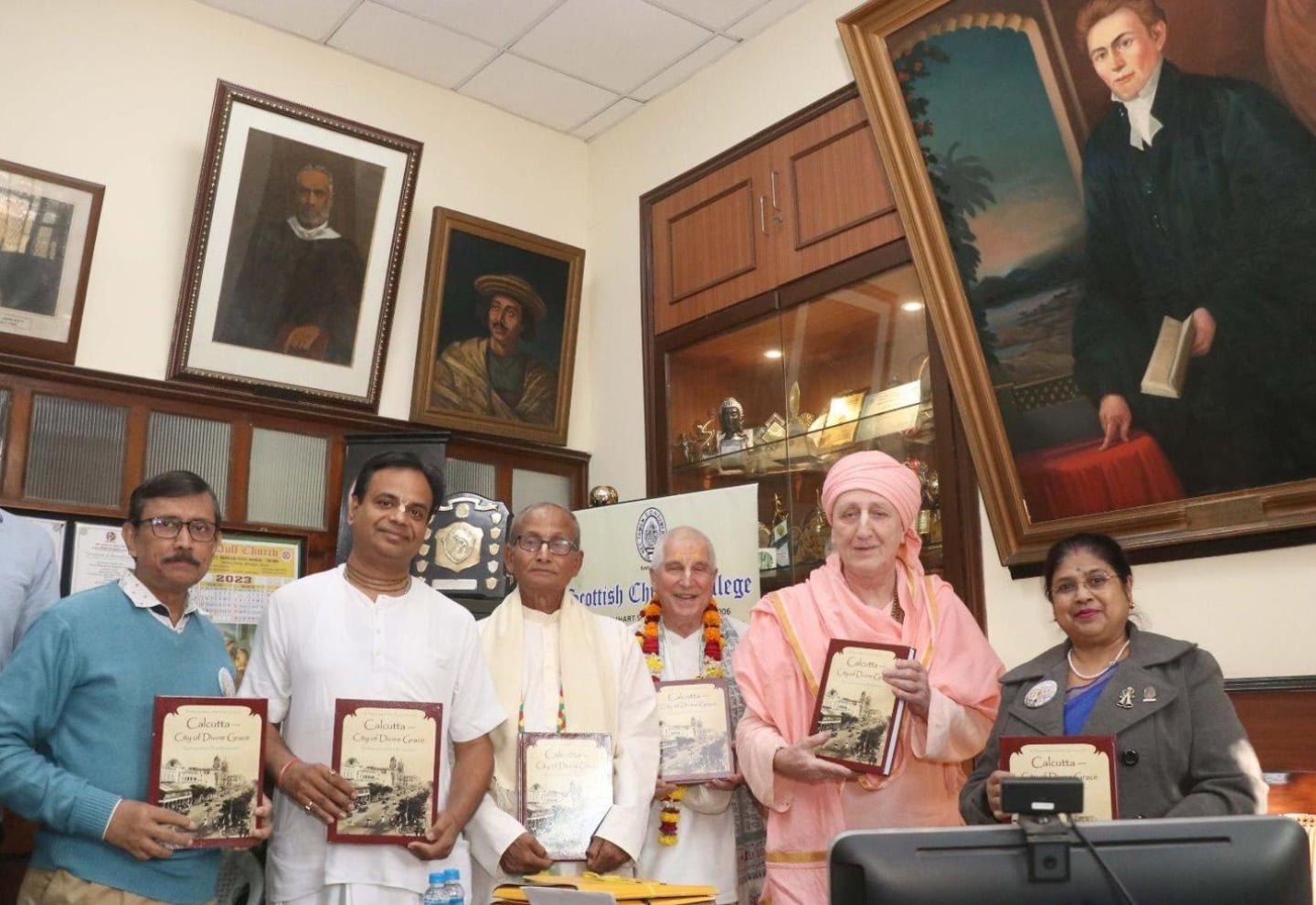Morality Should Not Be Priced in the Marketplace
By Gary Dorrien | Jun 27, 2014

Capitalism, like Christianity, is not just one thing. Capitalism operates differently in varying political and cultural contexts, and Western Christianity managed to accommodate the Roman Empire, feudalism and early nationalism before it accommodated the rise of the bourgeoisie and modern democracy. The perennial question asked here, however, is pressing hard on us again, because economic globalization has unleashed the predatory logic of capitalism, devastated trade union movements and shrunken the restraining capacities of governments.
Capitalism thrives on selfish impulses that Christian moral teaching condemns, and neo-classical economic theory mythologizes a supposedly “natural” free market that never existed anywhere. Thus the question is perennially relevant, simplistic binaries notwithstanding. Early economies were built on social obligations, as were the feudal economies in which Catholic theologians developed theories of distributive justice and the common good. Then the founders of neo-classical theory fashioned a supposedly natural “laissez-faire” ideal that was, in fact, carefully designed to serve the interests of the bourgeois class.
The field I teach, social ethics, was founded in the late 19th century as a protest against capitalist ideology. American social gospel theologian Walter Rauschenbusch put it poignantly: “Capitalism has overdeveloped the selfish instincts in all of us and left the capacity of devotion to larger ends shrunken and atrophied.” Pope Leo XIII described capitalism as a system defined by the callousness of employers and the greed of unrestrained competition, including its drive to leave workers isolated and defenseless.












